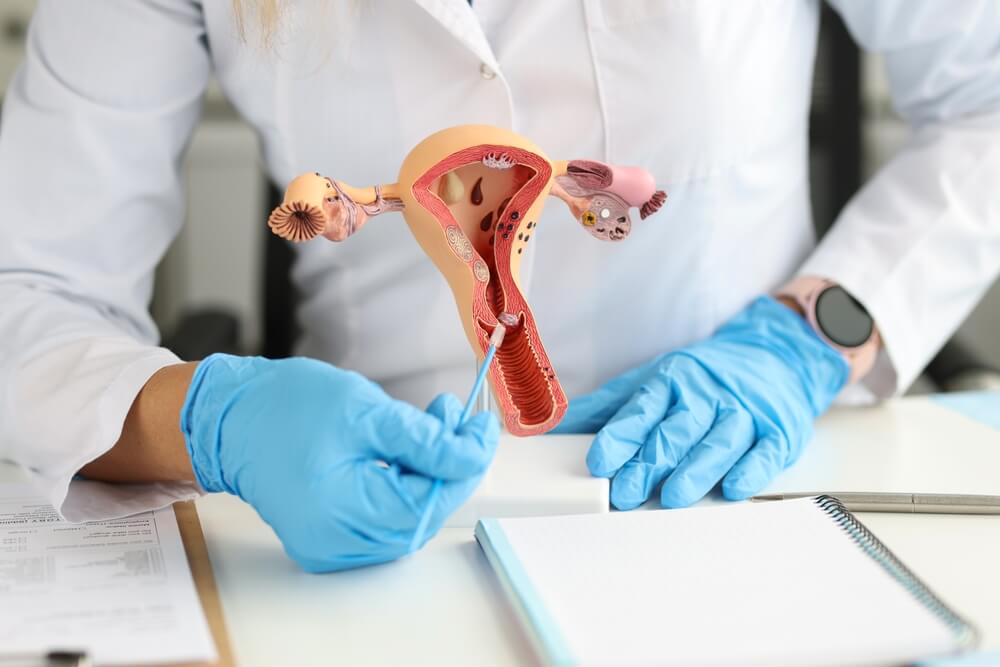Hysterectomies are routine gynecological procedures used to remove a woman’s uterus and sometimes her ovaries and fallopian tubes as well. When the uterus is removed, women are no longer capable of bearing children. They also stop menstruating and if the ovaries are removed, they will also enter menopause.
Did you know…
that by age 60, more than 30 percent of American women have had a hysterectomy? Although hysterectomy rates have declined slightly in recent years, they are still the second most common major surgery performed on women in their reproductive years. According to the Centers for Disease Control, surgeons and gynecologists perform more than 600,000 hysterectomies every year – that’s more than one every minute!
Frequently Asked Questions
Is it possible that I need a hysterectomy?
The decision to get a hysterectomy is one that you will need to make with your gynecologist. There are many reasons why gynecologists recommend hysterectomies for their patients. Some of the most common causes are uterine fibroids and uterine prolapsed, although endometriosis, reproductive cancer, and chronic pelvic pain can also warrant the need for a hysterectomy.
What should I expect during a hysterectomy procedure?
Hysterectomies are major surgery, but advancements in gynecological technology have made the procedure much less invasive. Your hysterectomy may be completed via an incision in your lower abdomen or in your vagina. It may also be assisted by a state-of-the-art robot that is used for greater precision and shorter recovery time.
Prior to the procedure, you may be given a vaginal douche and intravenous antibiotic to lower your risk of developing an infection during the surgery. You’ll be placed under general anesthesia for between one and two hours, eventually waking up with no memory of the procedure.
Will I need to follow any special post-surgical care instructions?
After hysterectomy surgery, your doctor will give you instructions for you recovery period. You’ll be encouraged to begin walking around within just hours of your operation, and you may need to stay in the hospital for supervision for several days. You’ll need to get plenty of rest and avoid lifting heavy objects or children for at least six weeks after your procedure.


